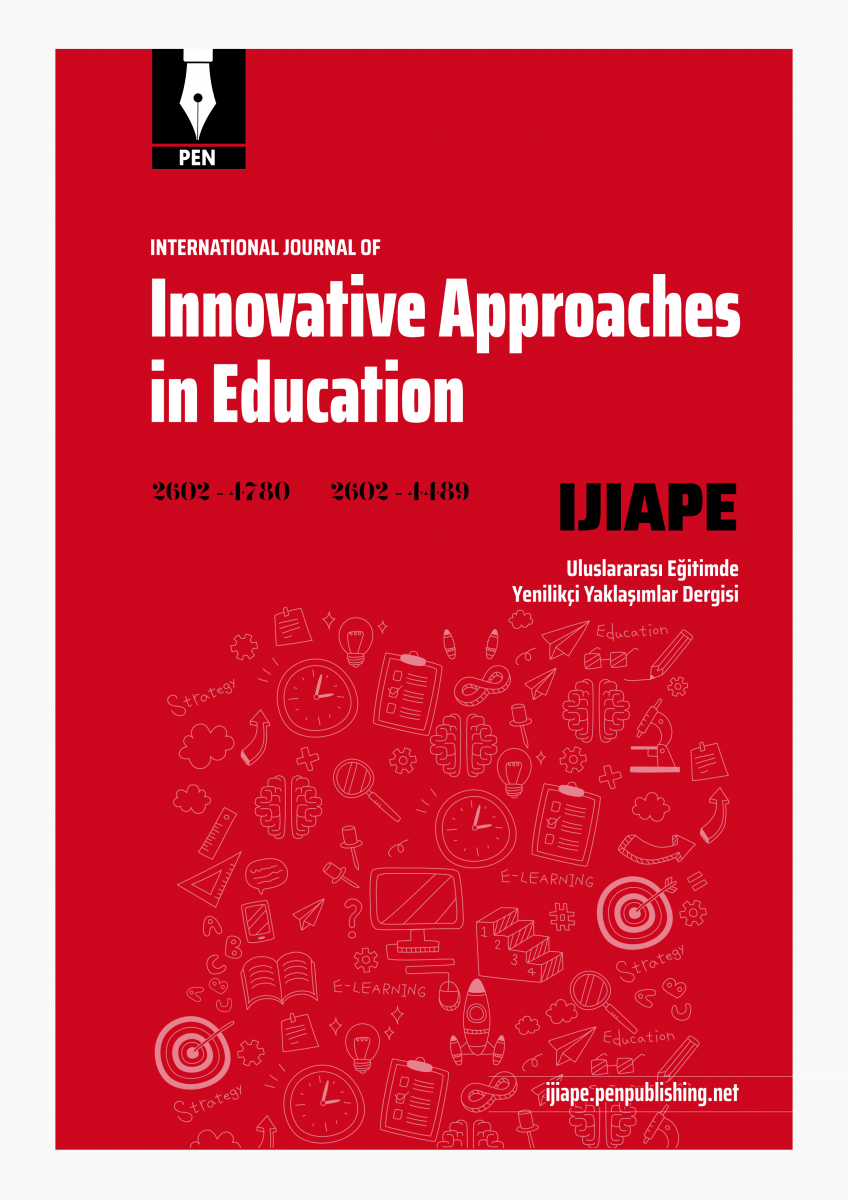Research article | Open Access
International Journal of Innovative Approaches in Education 2022, Vol. 6(4) 203-209
Self-Efficacy, Motivation and Academic Performance of Senior Secondary School Students in Damaturu, Metropolis, Yobe State Nigeria
pp. 203 - 209 | DOI: https://doi.org/10.29329/ijiape.2022.503.1
Publish Date: December 31, 2022 | Single/Total View: 282/471 | Single/Total Download: 365/632
Abstract
This study examined the teacher's self-efficacy, motivation and academic performance of senior secondary school students in Damaturu, Metropolis, Yobe State Nigeria. Two research hypotheses were raised and tasted. The study adopted a correlation research design. The study has the total population of 2,998 teachers spread across the 9 secondary schools in Damaturu Metropolis. A sample of 250 teachers were selected from six (6) senior secondary Schools in Damaturu Metropolis by using multistage sampling techniques. The study used two instruments for data collection: The teachers' sense of efficacy scale and Students' termly academic results. The internal consistency of the items was established to be 0.94 using Cronbach Alpha Statistical Method. Data Collected were analyzed using Pearson Product Moment Correlation at <0.05 level of significance. The results of the study indicated that, teachers' self-efficacy was found to have significant positive influence on academic performance of students. Similarly, teachers' motivation is significantly related with students' academic performance of students. The researchers concluded that proper training and work on motivation of the teachers towards the teaching should be improved. As such, the study recommended that, government should enhance professional training for teachers' welfare and teachers' educational programmes to develop a sense self-efficacy and motivation for teachers.
Keywords: Teacher’s, Self-Efficacy, Motivation and Academic Performance
| How to Cite this Article? |
|---|
|
APA 7th edition Harvard Chicago 16th edition |
| References |
|---|
|

